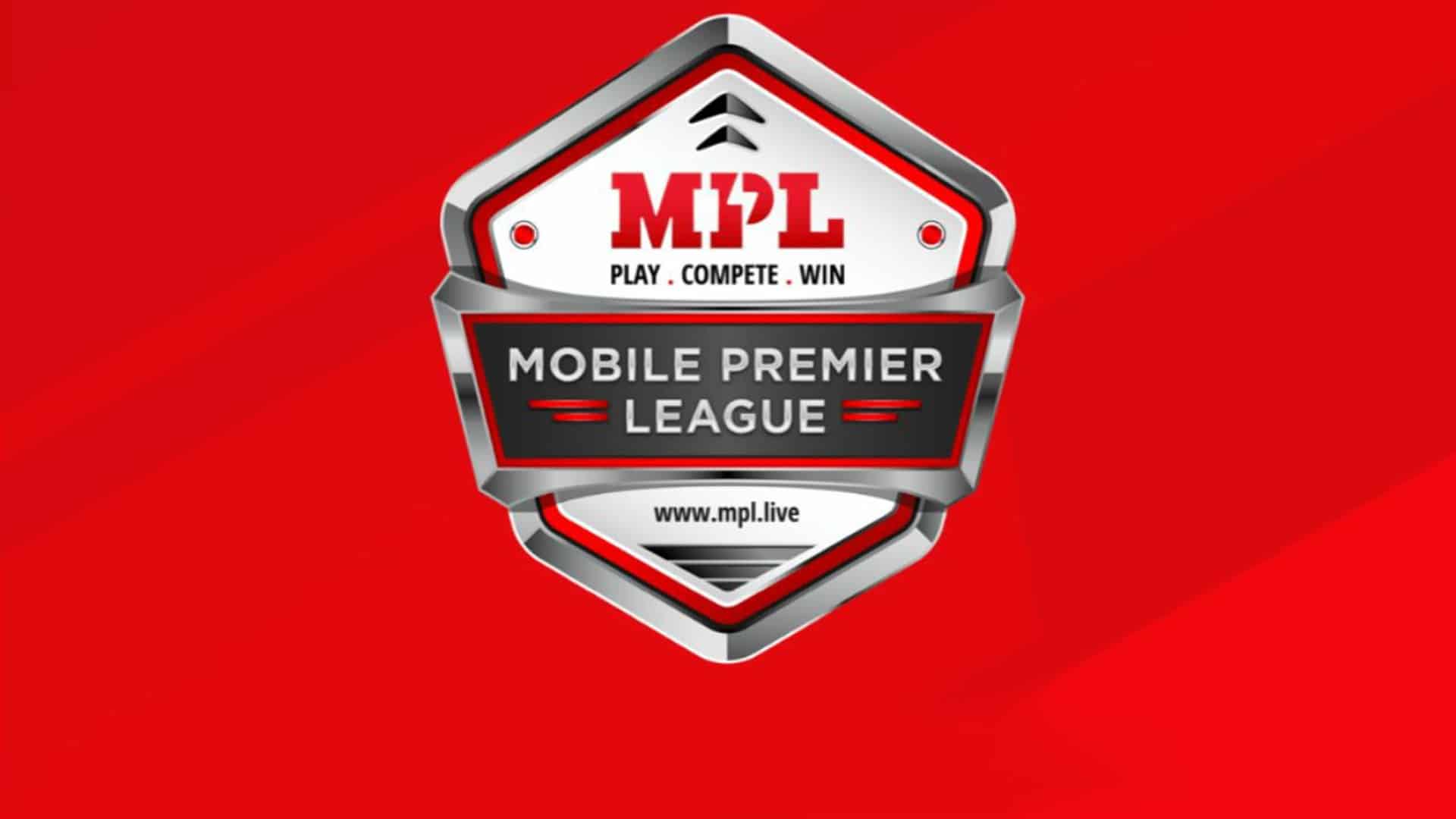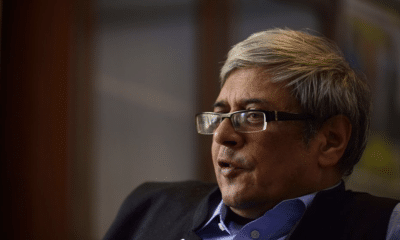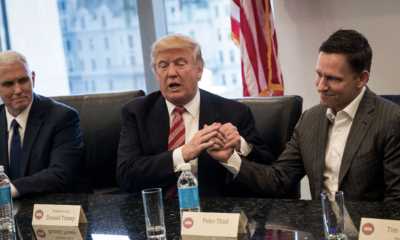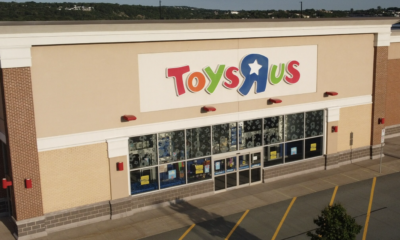Gaming
India can export digital sports; clarity in regulations will further boost industry: MPL
Clarity in regulations for e-sports will provide a major boost to the growing digital sports industry, helping it tap the home market as well as woo gamers across the world?. Mobile Premier League (MPL) co-founder Sai Srinivas has said. Speaking to PTI, Srinivas said India – with availability of affordable data services and growing smartphone penetration – is poised to account for roughly 30-35 per cent of the global consumption of Internet-led services, including gaming and e-sports. “I believe that India is at a point where the future of gaming and e-sports in the next five years will be significantly driven by this market. It is India’s chance to actually build its own digital infrastructure and build really scalable platforms and not only serve India, but also export a lot of these platforms to other countries like the US,” he said.
Founded in 2018 by Sai Srinivas and Shubh Malhotra, MPL hosts a range of e-sports tournaments and also serves as a publishing platform for other gaming firms. The company, which has over 500 employees, has raised USD 225.5 million (putting its valuation post the deal at USD 945 million) in funding from investors including Composite Capital, Moore Strategic Ventures, Base Partners, RTP Global, SIG and others. He pointed to the growing popularity of e-sports tournaments that see gamers competing from various locations. “I don’t think it’s hard for us to imagine where say, an American sitting in New York is competing with a player in Brazil, someone from Berlin, and a player in Muzaffarabad in India. All of them are actually competing in this massive tournament via their mobile phones,” he said. Srinivas said clarity in regulations in terms of defining skill-based and games of chance would facilitate Indian companies in building massive enterprises in the gaming sector, and become exporters of the technology as well. “We need to have clarity in terms of regulations, in terms of defining what e-sports is, defining what competitive skill gaming is, and very clearly drawing a line between that and other games that might be games of chance, casino-led games, etc,” he said.
Also read: Bengal e-commerce startup plans to help small electronics retailers
He further stated that the more clearer and more structured the regulations become, “India and Indian companies are not only going to build really massive enterprises on this, but will be the net exporters of this technology” and that potentially is a USD 10-15 billion opportunity. Srinivas said various industry representatives are engaging with the government on this matter. In December, Niti Aayog had released a draft report titled ‘Guiding Principles for the Uniform National-Level Regulation of Online Fantasy Sports Platforms in India’, wherein it noted that there is a public interest in the fantasy sports industry. It had pitched for setting up a single self-regulatory organisation for the online fantasy sports industry to be governed by the independent oversight board and also suggested restricting online fantasy games to users of 18 years and above. The Niti Aayog’s draft guidelines had stated that the extant legal ambiguity and differential treatment faced by fantasy sports games across the Indian states must be addressed through the creation of a uniform national-level safe-harbour for fantasy sports games. This, it had said, would enable the implementation of a single national policy on fantasy sports and bring clarity to regulators, operators and consumers alike. A recent report by KPMG had noted that the number of users participating in online fantasy sports in India has grown at a compounded annual growth rate (CAGR) of 212 per cent, from 2 million users in June 2016 to 90 million users in December 2019.
Srinivas said e-sports can also play a critical role in increasing popularity of sports like archery and chess. The executive explained that digital gaming companies can provide a platform to get millions of people to watch and participate in these games. The players reaching the finals could be taken to physical ranges and trained to become better archers or players. Srinivas noted that the industry, on its own, also needs to put in place a framework to ensure safety of users. “It is important that the industry build out standardised, clear, responsible guidelines across any gaming platform, even with respect to their advertising. These are good for the industry because this market is only going to grow, the more standardised the rules become, it will just be better for the end consumer and in turn, better for the economy,” he added. He stated that MPL – which has 65 million users, including 60 million in India – has put in place various checks to ensure users are protected. These include KYC, time spent warnings, automated lockout/forced break after a certain time, self exclusion (ie a game won’t show up/open for a certain number of days), spending limits, digital payment through reputed payment gateways and banks only, responsible gaming pop ups and reminders, connecting with mental health helpline in case of risky behaviour and blocking of users (in some cases), he said.










































Pingback: Meity invites applications for second round of large-scale electronics mfg under PLI scheme | The Plunge Daily